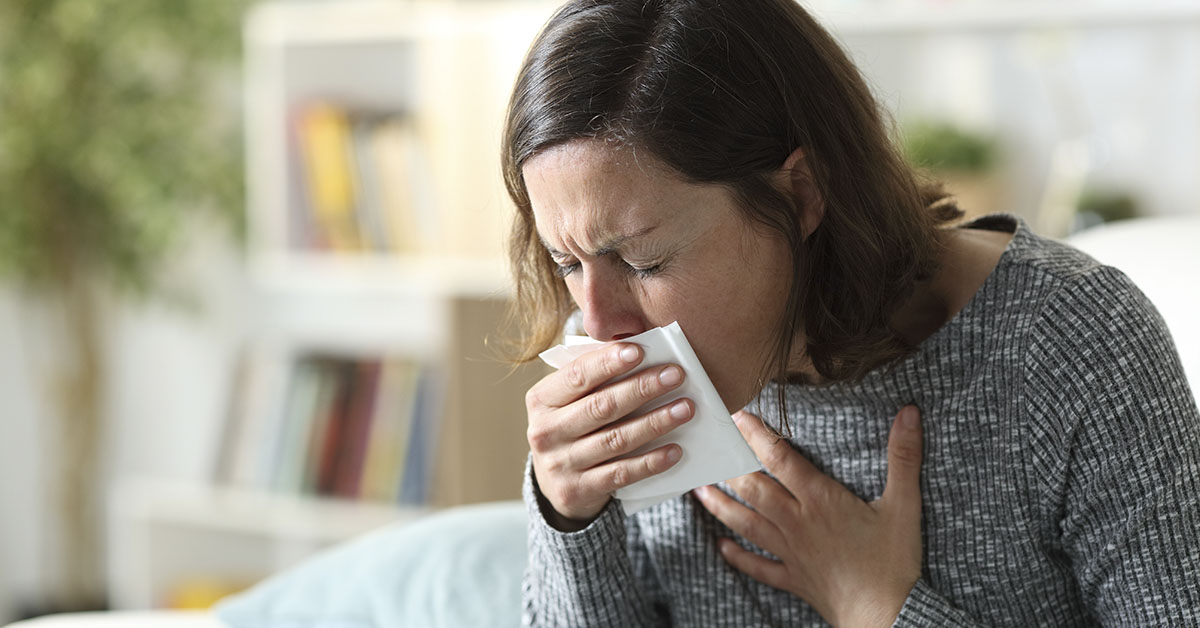How to Clear Mucus and Phlegm from Your Chest and Throat Naturally
It often starts as a simple cold — a tickle in the throat, a bit of congestion — and then lingers longer than expected. Days go by, yet the thick mucus in your chest and throat refuses to go away. You cough, you clear your throat, but it keeps coming back. Could this be more than a typical cold? Or is your body sending a subtle signal that demands more attention?

Lingering mucus can be frustrating. It can make breathing uncomfortable, disrupt sleep, and interfere with daily activities. The good news? There are natural, effective ways to help your body clear mucus and breathe easier.
Understanding Mucus
Mucus is a sticky, gel-like substance produced by the lining of your respiratory system — including your nose, throat, and lungs. Its job is essential: it traps dust, bacteria, and other particles, keeping your airways clean and moist.
However, when mucus accumulates excessively in the chest or throat, it can cause persistent coughing, irritation, congestion, and difficulty breathing. Common triggers include:
Colds and respiratory infections
Allergies
Smoking or exposure to secondhand smoke
Environmental irritants
Natural Ways to Reduce Phlegm and Mucus
1. Stay Hydrated
Drinking plenty of fluids thins mucus, making it easier to expel. Water, herbal teas, warm broths, and soups are excellent options.
2. Gargle with Salt Water
Mix ½ to ¾ teaspoon of salt in a glass of warm water and gargle several times a day. Salt water soothes the throat and helps reduce mucus. Gargle for 30–60 seconds and spit out the mixture. Using filtered or bottled water can prevent irritation from chlorine.
3. Steam Inhalation
Steam loosens mucus, making it easier to cough up. Lean over a bowl of hot water with a towel over your head, or use a steam inhaler for 5–10 minutes.
4. Warm Compress
Applying a warm compress to your chest or throat can relieve congestion. Simply soak a clean towel in hot water, wring it out, and place it on the affected area.
5. Honey and Lemon
Mix honey with warm water or herbal tea, and add fresh lemon juice. Honey soothes irritation, while lemon helps break up mucus. Spices like cayenne pepper, ginger, and garlic can also stimulate mucus clearance.
6. Use a Humidifier
Moist air helps loosen mucus in the chest and throat. Keep your humidifier clean to prevent bacterial growth.
7. Nasal Irrigation
Flushing your nasal passages with a saline solution or using a neti pot can remove excess mucus and relieve congestion.
8. Avoid Irritants
Stay away from cigarette smoke, strong chemical odors, and polluted environments, all of which can worsen mucus buildup.
Things to Avoid
Smoking or exposure to secondhand smoke
Excessive dairy, which may thicken mucus
Sugary foods and drinks that increase inflammation
Overusing decongestant sprays, which can cause rebound congestion
Excessive cough suppressants, as coughing is a natural clearance mechanism
If symptoms persist or worsen, it’s important to consult a healthcare professional to rule out infections or other conditions.
Conclusion
Persistent mucus and phlegm can disrupt your daily life, but simple home remedies, hydration, and avoiding irritants can help restore clear airways and improve breathing. Supporting your respiratory health naturally allows your body to recover more efficiently, reducing the need for unnecessary medications.
With these strategies, you can ease discomfort, breathe easier, and let your body focus on healing itself.
